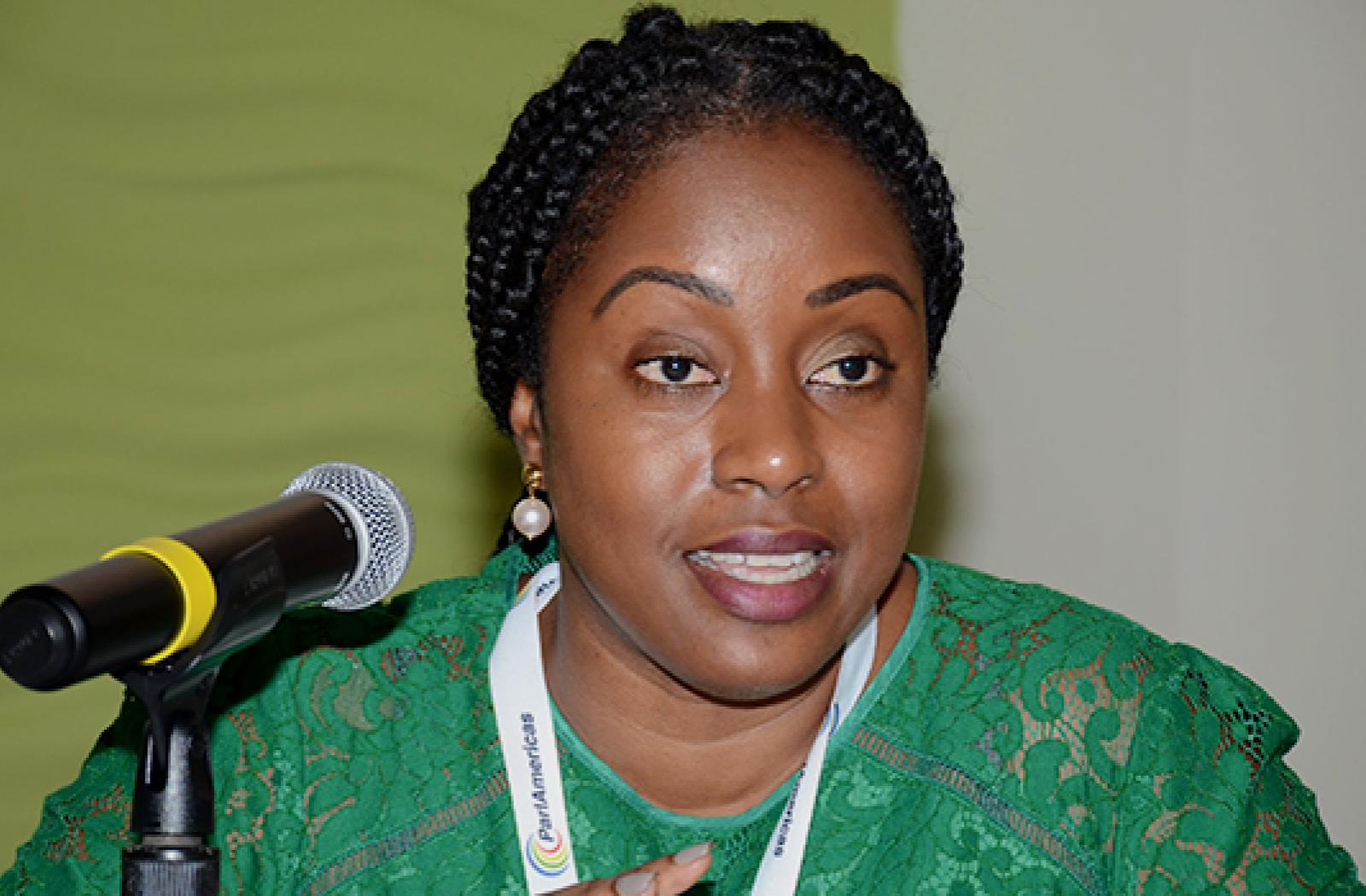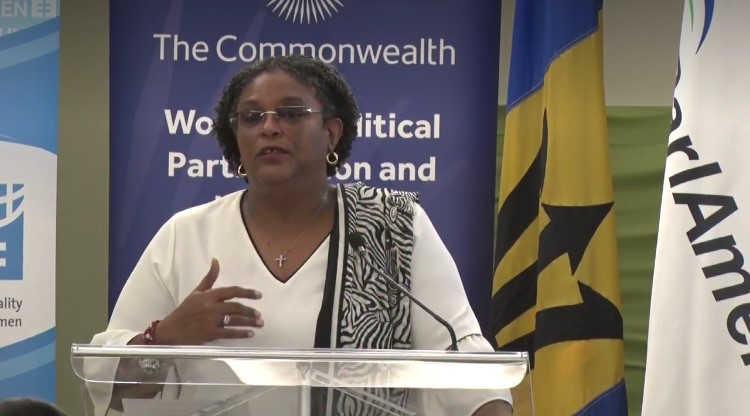The Commonwealth has taken part in a two-day meeting to enhance women’s political participation and leadership in the English-speaking Caribbean.

The Commonwealth has taken part in a two-day meeting to enhance women’s political participation and leadership in the English-speaking Caribbean. The meeting, Transformational Leadership for Gender Equality in the Caribbean: Regional Strategies and Partnerships was jointly organised by the Barbados Parliament, ParlAmericas, UN Women – Multi-Country Office, Caribbean and the Caribbean Institute for Women in Leadership.
Prime Minister Mia Mottley of Barbados delivered the feature address stating, “There can be no sustainable development that is premised on discrimination. There can be no sustainable development that precludes opportunity. So that if we can set ourselves some simple targets that allow the battle to be fought, not just by those in this room, but by women in our communities who see themselves in the vanguard of change, who recognise that, as has happened elsewhere and to which we hopefully will respond shortly, that there are some fundamental things in our society that we need to change.”

Prime Minister of Barbados, Hon Mia Mottley
Tres-Ann Kremer, Head of Good Offices for Peace and Political Adviser for the Caribbean at the Commonwealth highlighted the findings of the Commonwealth research ‘Women and Political Parties in Five Small States of the Commonwealth Caribbean’. She said, “Political parties are perhaps one of the most important mechanisms to enable real progress in women’s political representation and leadership in the Caribbean. They provide the framework through which women are selected as candidates. We must pay closer attention to the governance mechanisms of political parties and engage party structures on these matters, including the issue of campaign finance to shift the perception that politics is predominantly an elite space”.
Commonwealth support has enabled numerous bi-partisan and regional exchanges on how political parties in the region can reflect on, and address, how they engage, seek and support women candidates.
‘Women and Political Parties in Five Small States of the Commonwealth Caribbean’


